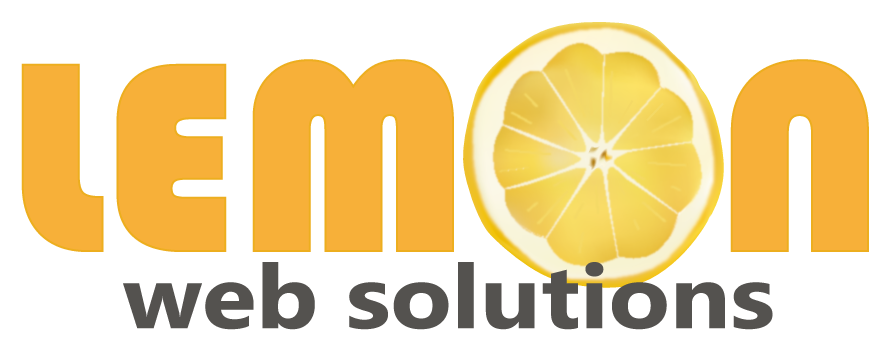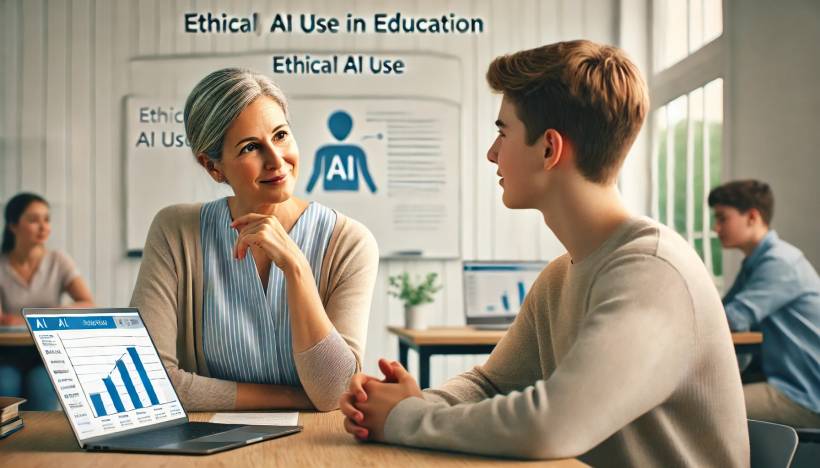Microsoft Corp is planning to outsource more of its software sales for small and medium-sized businesses to third-party firms, adapting its sales strategy for the evolving landscape shaped by artificial intelligence (AI).
LEMON BLOG
When schools first encountered AI tools like ChatGPT and Gemini producing well-written essays and reports, one concern quickly took center stage: cheating. Some educators reacted by returning to traditional methods—requiring students to complete assignments with pen and paper. But is that really the best way forward?
Google is enhancing the experience for data scientists and researchers with the rollout of its Data Science Agent in Google Colab. This AI-powered assistant is designed to automate routine tasks in data analysis, allowing users to focus on insights rather than setup and coding.
OpenAI has unveiled NextGenAI, a collaborative consortium formed in partnership with 15 universities and research institutions across the United States and the United Kingdom. This initiative leverages AI to accelerate research breakthroughs and enhance educational opportunities. OpenAI asserts that NextGenAI will drive progress at a pace beyond what any single institution could achieve, equipping the next generation to shape the future of artificial intelligence.
AI has undeniably become a powerful tool in the workplace, speeding up tasks, improving efficiency, and even helping businesses make better decisions. But while AI offers convenience, there are concerns about over-reliance—especially among young coders. Some experts worry that depending too much on AI-generated code may lead to a decline in problem-solving skills and a lack of deep understanding of how coding actually works.













